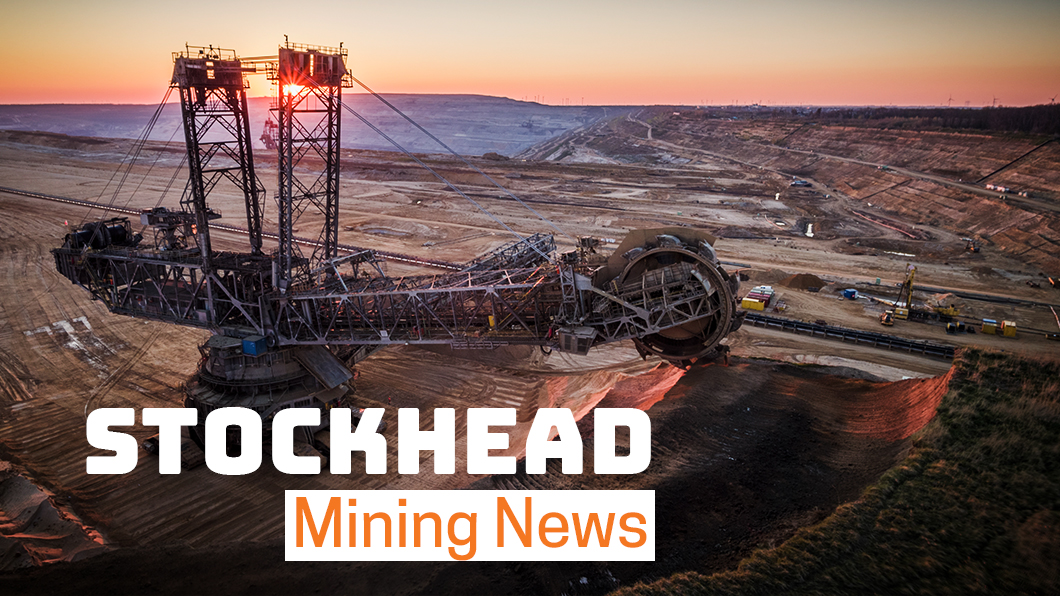FedEx pledges an EV delivery fleet in a boost for battery metals

Pic: Schroptschop / E+ via Getty Images
- US freight company FedEx pledges 100pc EV deliveries
- Move adds to momentum for EVs, driving demand for battery materials including graphite
- Mineral Commodities advancing Skaland graphite project and anode materials processing plant
FedEx, operator of the world’s largest cargo airline, has committed to an EV fleet, electrifying its entire global parcel delivery service as part of a $US2bn ($2.5bn) investment to make its operations carbon neutral by 2040.
Its pledge adds to the momentum of companies investing in EVs to replace petrol and diesel-fuelled vehicles which is driving demand for EV battery minerals such as graphite.
Jaguar Land Rover said it wants an all-electric vehicle line by mid-decade, and Ford is to sell only EVs across its whole product range from 2030.
This is creating huge demand for lithium-ion battery anode materials such as lithium and graphite and for cathode materials such as cobalt, manganese and nickel.
FedEx is spreading its $2.5bn of investment across three areas: sustainable energy, carbon sequestration and vehicle electrification.
“This goal builds on our longstanding commitment to sustainability throughout our operations, while at the same time investing in long-term, transformational solutions for FedEx and our entire industry,” chairman and chief executive, Frederick Smith, said.
FedEx EV fleet by 2040, 50 per cent by 2025
FedEx’s fleet of parcel delivery vehicles will be all-electric and emissions free by 2040, as it plans to gradually phase in EVs to replace its existing petrol-driven vehicles.
By 2025, FedEx plans for half of its pick-up and delivery vehicles to be EVs, rising to 100 per cent of all new purchases by 2030.
The freight delivery company also plans to offer carbon-neutral shipping options and sustainable packaging solutions to its customers, and invest in alternative fuels to reduce aircraft and vehicle emissions.
FedEx has saved 1.4 billion gallons of jet fuel and avoided 13.5 million tons of carbon dioxide emissions through its Fuel Sense and Aircraft Modernisation programs.
The New York Stock Exchange listed company is also setting up the Yale Center for Natural Carbon Capture at the US university to accelerate research into carbon sequestration at scale to offset airline emissions.
FedEx was featured in the 2000 film Cast Away starring Tom Hanks as a FedEx troubleshooter who was stranded on a desert island after his plane crashed.
The film included the iconic scene of Hanks’ character Chuck Noland opening FedEx packages that contained items such as ice skates, video tapes and a football.
Mineral Commodities’ Norway plant on track for production
Several ASX companies are developing projects to produce battery metals and materials for EVs, among them Mineral Commodities (ASX:MRC) and Novonix (ASX:NVX).
Mineral Commodities’ Skaland graphite project in Norway has one of the world’s highest grades of the material at around 30 per cent carbon with a resource of 1.78 million tonnes.
The company has finished a pre-feasibility study on its plan to build an active anode materials plant in Norway to produce natural graphite anode material for lithium-ion batteries.
The proposed active anode materials plant will use an environmentally-friendly and low emissions production process; either a caustic roast process or a carbochlorination process.
Neither process uses hydrofluoric acid (HF) and the plant will have an initial capacity of 10,000 tonnes per year starting in mid-2022.
Mineral Commodities sold 1,310 tonnes of graphite concentrate in the December 2020-ended quarter, up from 1,088 tonnes in the September-ended quarter.
It also has another graphite project in Munglinup in WA for which a definitive feasibility study has been completed.
“Discussions are continuing with potential customers on the evaluation of anode material from the company’s graphite assets, with Skaland, in particular, benefitting from being an operational asset in Europe,” said the company in an update for the December 2020-ended quarter.
“Early production of spherical graphite at Skaland is under evaluation,” added Mineral Commodities.
Skaland has been in production since the 1920s and was once owned by battery company Eveready.
Novonix to scale up North American graphite production
Battery materials technology company Novonix completed last week one of the largest capital raisings for a small cap company in recent years at $146m to progress its expansion plans.
“The company remains well positioned as the only qualified producer in North America of high grade anode material suitable for lithium-ion batteries for EVs and Energy Storage Systems,” chairman Tony Bellas said.
Novonix said it will use the capital raised to scale up production of its battery anode material to 10,000 tonnes per year and plans to reach an annual production rate of 40,000 tonnes by 2025.
Battery technology solutions is the primary business of the company which involves specialty battery materials and battery cell and pack production.
The company has key relationships with two major manufacturers of lithium-ion batteries, Sanyo Electric of Japan and Samsung of South Korea.
ASX share price for Mineral Commodities (ASX:MRC), Novonix (ASX:NVX)
Related Topics

UNLOCK INSIGHTS
Discover the untold stories of emerging ASX stocks.
Daily news and expert analysis, it's free to subscribe.
By proceeding, you confirm you understand that we handle personal information in accordance with our Privacy Policy.








